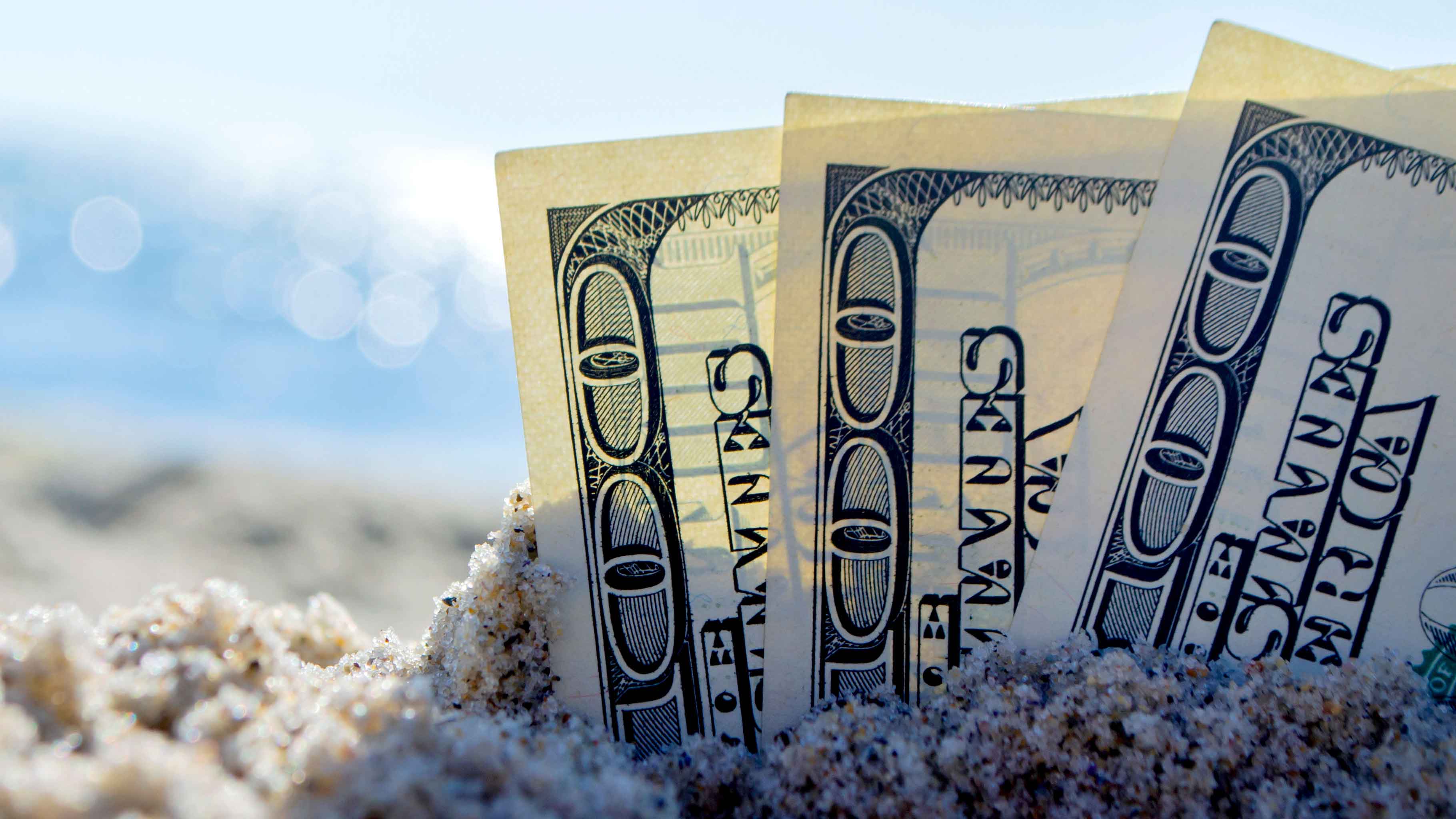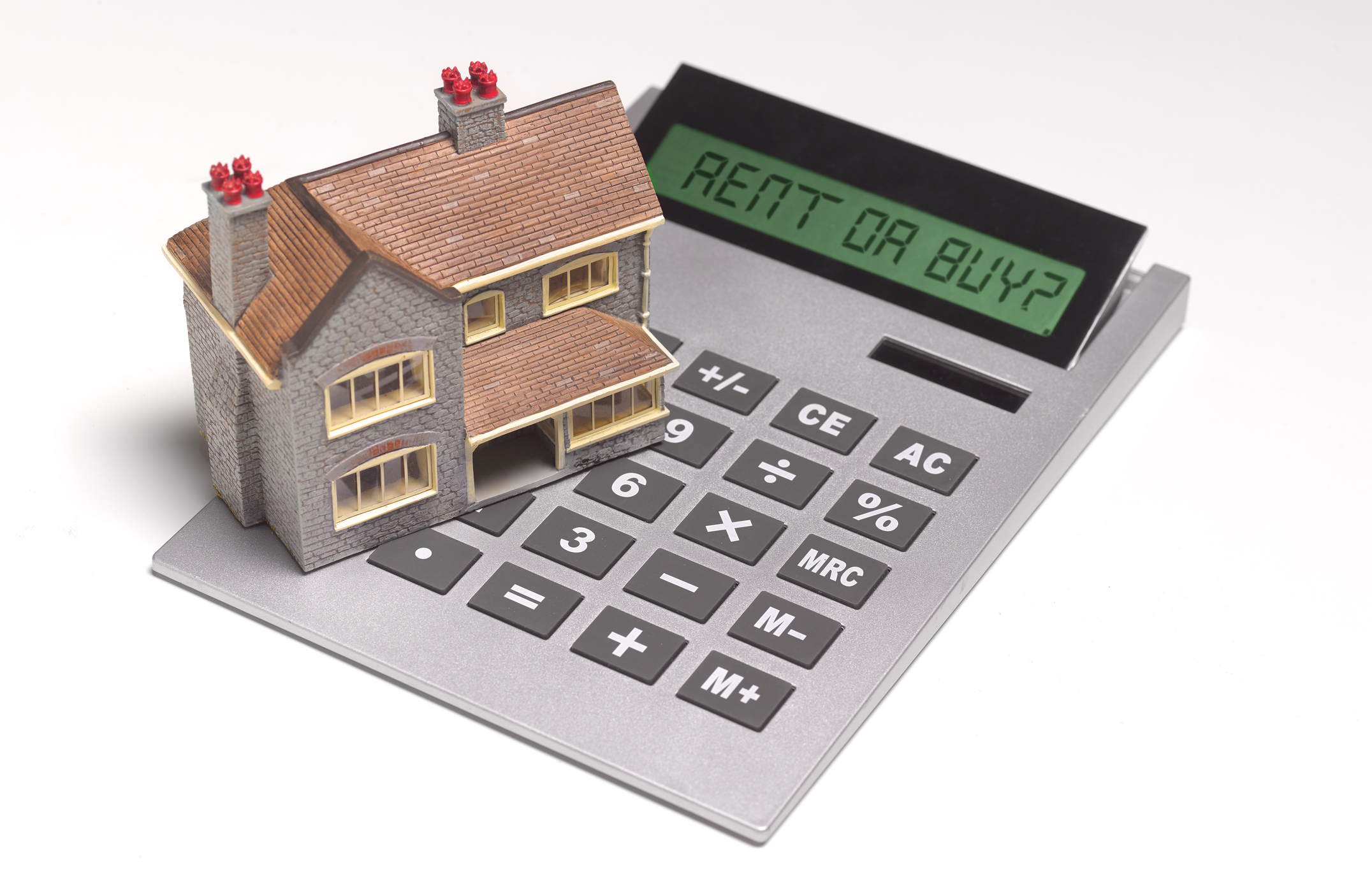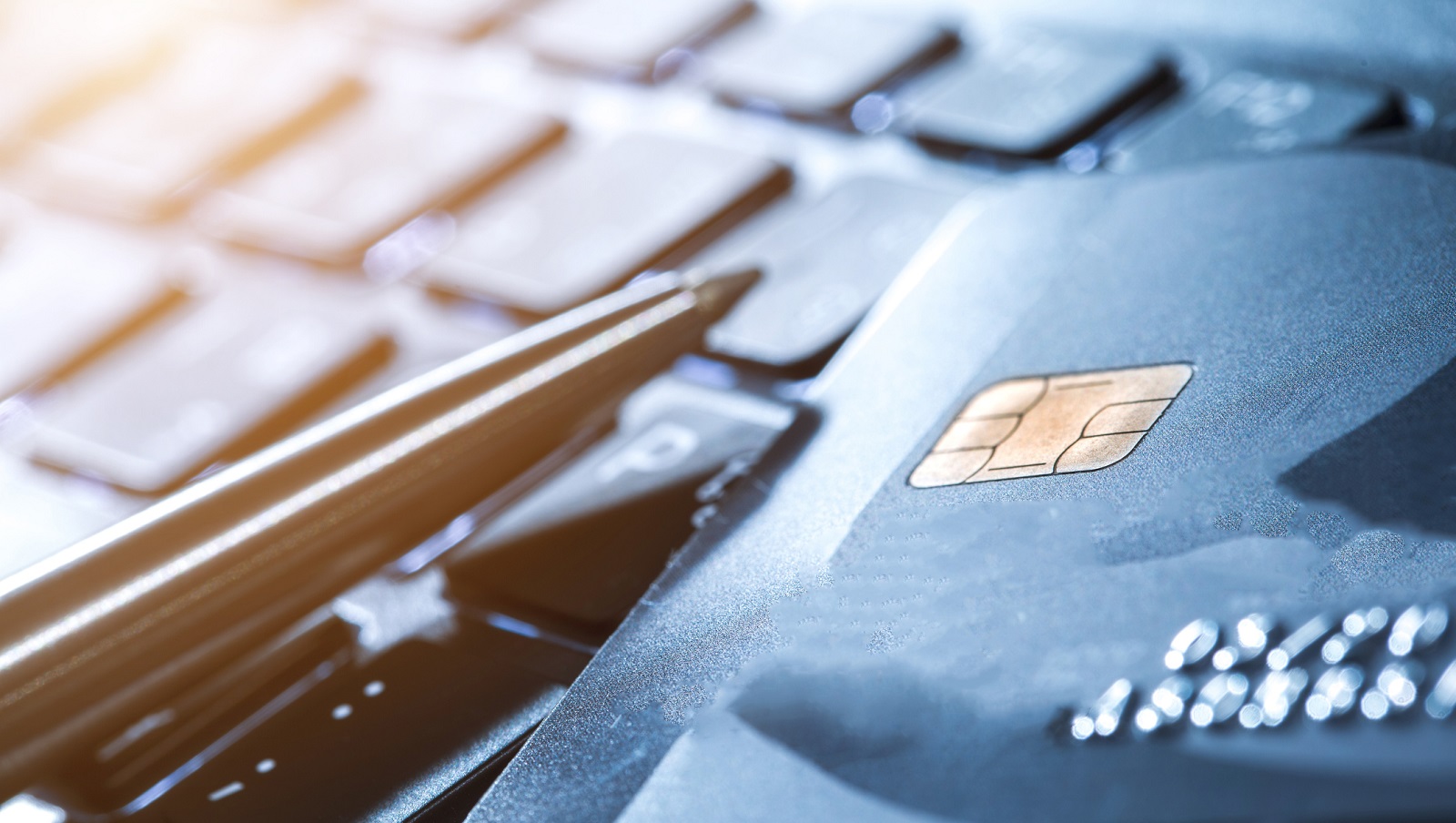Where to Find Emergency Cash
Even if you're debt-averse, having a credit card to pay for emergencies could be an important lifeline.


Profit and prosper with the best of Kiplinger's advice on investing, taxes, retirement, personal finance and much more. Delivered daily. Enter your email in the box and click Sign Me Up.
You are now subscribed
Your newsletter sign-up was successful
Want to add more newsletters?

Delivered daily
Kiplinger Today
Profit and prosper with the best of Kiplinger's advice on investing, taxes, retirement, personal finance and much more delivered daily. Smart money moves start here.

Sent five days a week
Kiplinger A Step Ahead
Get practical help to make better financial decisions in your everyday life, from spending to savings on top deals.

Delivered daily
Kiplinger Closing Bell
Get today's biggest financial and investing headlines delivered to your inbox every day the U.S. stock market is open.

Sent twice a week
Kiplinger Adviser Intel
Financial pros across the country share best practices and fresh tactics to preserve and grow your wealth.

Delivered weekly
Kiplinger Tax Tips
Trim your federal and state tax bills with practical tax-planning and tax-cutting strategies.

Sent twice a week
Kiplinger Retirement Tips
Your twice-a-week guide to planning and enjoying a financially secure and richly rewarding retirement

Sent bimonthly.
Kiplinger Adviser Angle
Insights for advisers, wealth managers and other financial professionals.

Sent twice a week
Kiplinger Investing Weekly
Your twice-a-week roundup of promising stocks, funds, companies and industries you should consider, ones you should avoid, and why.

Sent weekly for six weeks
Kiplinger Invest for Retirement
Your step-by-step six-part series on how to invest for retirement, from devising a successful strategy to exactly which investments to choose.
If you have an emergency fund, congratulations. But when emergencies pile up, should you drain the fund to cover every one of them? It’s a question I asked myself recently after I inherited a car from my mom. While having my own wheels has improved my life, the car has needed repairs that I didn’t plan on.
My emergency fund could have covered the work, but I would have been left without a backup fund to pay my rent if I lost my job. Fortunately, I had a credit card with a very low balance. Plus, it had a sufficiently high credit limit to cover the repairs without hurting my credit score.
Loans you can live with. If you know you will need cash for something coming up—such as new tires for your car—you can apply for a credit card with a zero percent promotional interest rate that lasts for the first 12 to 18 months. For example, the Chase Freedom Unlimited Visa rewards credit card currently offers a 0% annual percentage rate on purchases and balance transfers made in the first 15 months. The Wells Fargo Reflect Visa doesn’t charge interest for the first 18 months, and that can be extended up to three additional months if you’ve made on-time minimum payments. Once approved, you could pay your unexpected bills and make a plan to pay off the balance. To qualify for either card, you need to have a good-to-excellent credit score—at least 670, according to FICO, which provides the credit score most lenders use.
From just $107.88 $24.99 for Kiplinger Personal Finance
Become a smarter, better informed investor. Subscribe from just $107.88 $24.99, plus get up to 4 Special Issues

Sign up for Kiplinger’s Free Newsletters
Profit and prosper with the best of expert advice on investing, taxes, retirement, personal finance and more - straight to your e-mail.
Profit and prosper with the best of expert advice - straight to your e-mail.
But because you can’t plan for most emergencies, applying for a credit card before you need it is a good idea. It could also help you establish good credit. If you use the card sparingly, you’ll have access to more credit than you’re using, which will boost your credit score. Just make sure you’re using your card enough to prevent the issuer from closing the account. One strategy is to put a monthly bill—one for a service such as Netflix or Hulu, for example—on autopay and pay it off on time and in full every month.
If you don’t want to go the credit card route—or you don’t qualify for a credit card—a Roth IRA can also provide a source of emergency funds. Because the account is funded on an after-tax basis, any contributions you’ve made can be withdrawn without taxes or penalties.
Another option is a loan from your 401(k) or other employer-sponsored retirement plan. Currently, the interest rate on most 401(k) loans is 4.25%, and you can borrow up to 50% of your vested balance or $50,000, whichever is less. Generally, you have five years to repay your loan, and the interest you pay goes back into your account.
However, a 401(k) loan could jeopardize your retirement security. The amount you’ve borrowed won’t be invested, and some plans prohibit participants from contributing while they are repaying a loan. And if you leave your job—or are laid off—you must repay the loan by the due date of your tax return for the year when you leave your job (typically April 15, or October 15 if you filed for an extension). If you don’t repay it by that deadline, it will be treated as a taxable distribution; you’ll also owe a 10% early-withdrawal penalty if you’re younger than 59½.
Finally, there’s the bank of Mom and Dad. But if you borrow from that institution, write up a repayment schedule that includes the amount of interest you’ll pay. The upside for your parents is that, with most savings and money market accounts paying less than 1%, even a low-interest loan to you will probably beat what they’re getting from their bank.
Profit and prosper with the best of Kiplinger's advice on investing, taxes, retirement, personal finance and much more. Delivered daily. Enter your email in the box and click Sign Me Up.

Rivan joined Kiplinger on Leap Day 2016 as a reporter for Kiplinger's Personal Finance magazine. A Michigan native, she graduated from the University of Michigan in 2014 and from there freelanced as a local copy editor and proofreader, and served as a research assistant to a local Detroit journalist. Her work has been featured in the Ann Arbor Observer and Sage Business Researcher. She is currently assistant editor, personal finance at The Washington Post.
-
 How Much It Costs to Host a Super Bowl Party in 2026
How Much It Costs to Host a Super Bowl Party in 2026Hosting a Super Bowl party in 2026 could cost you. Here's a breakdown of food, drink and entertainment costs — plus ways to save.
-
 3 Reasons to Use a 5-Year CD As You Approach Retirement
3 Reasons to Use a 5-Year CD As You Approach RetirementA five-year CD can help you reach other milestones as you approach retirement.
-
 Your Adult Kids Are Doing Fine. Is It Time To Spend Some of Their Inheritance?
Your Adult Kids Are Doing Fine. Is It Time To Spend Some of Their Inheritance?If your kids are successful, do they need an inheritance? Ask yourself these four questions before passing down another dollar.
-
 Money for Your Kids? Three Ways Trump's ‘Big Beautiful Bill’ Impacts Your Child's Finances
Money for Your Kids? Three Ways Trump's ‘Big Beautiful Bill’ Impacts Your Child's FinancesTax Tips The Trump tax bill could help your child with future education and homebuying costs. Here’s how.
-
 Key 2025 Tax Changes for Parents in Trump's Megabill
Key 2025 Tax Changes for Parents in Trump's MegabillTax Changes Are you a parent? The so-called ‘One Big Beautiful Bill’ (OBBB) impacts several key tax incentives that can affect your family this year and beyond.
-
 What Does Medicare Not Cover? Eight Things You Should Know
What Does Medicare Not Cover? Eight Things You Should KnowMedicare Part A and Part B leave gaps in your healthcare coverage. But Medicare Advantage has problems, too.
-
 15 Reasons You'll Regret an RV in Retirement
15 Reasons You'll Regret an RV in RetirementMaking Your Money Last Here's why you might regret an RV in retirement. RV-savvy retirees talk about the downsides of spending retirement in a motorhome, travel trailer, fifth wheel, or other recreational vehicle.
-
 QCD Limit, Rules and How to Lower Your 2026 Taxable Income
QCD Limit, Rules and How to Lower Your 2026 Taxable IncomeTax Breaks A QCD can reduce your tax bill in retirement while meeting charitable giving goals. Here’s how.
-
 When Renting Is Smarter Than Buying
When Renting Is Smarter Than Buyingreal estate There are some situations when renting is smarter than buying. You're not necessarily throwing your money away when you rent.
-
 Mastercard Says It Is Not Raising Network or Swipe Fees
Mastercard Says It Is Not Raising Network or Swipe FeesCard processing giant says WSJ story on credit card fee hikes ‘is wrong.’
-
 How to Benefit From Rising Interest Rates
How to Benefit From Rising Interest RatesFinancial Planning Savers will get the best rates from top-yielding savings and money market deposit accounts at online banks.